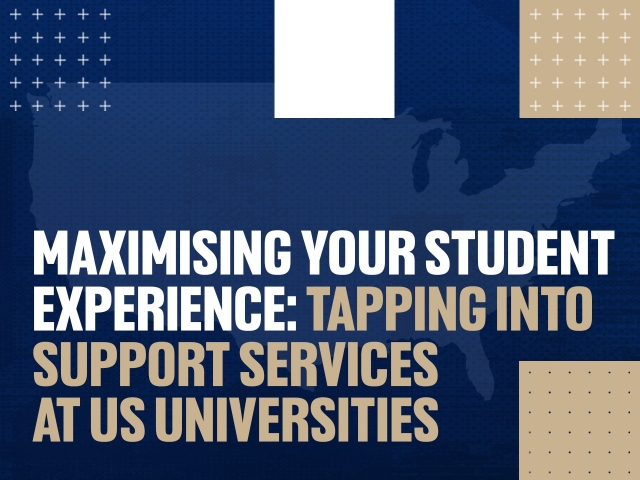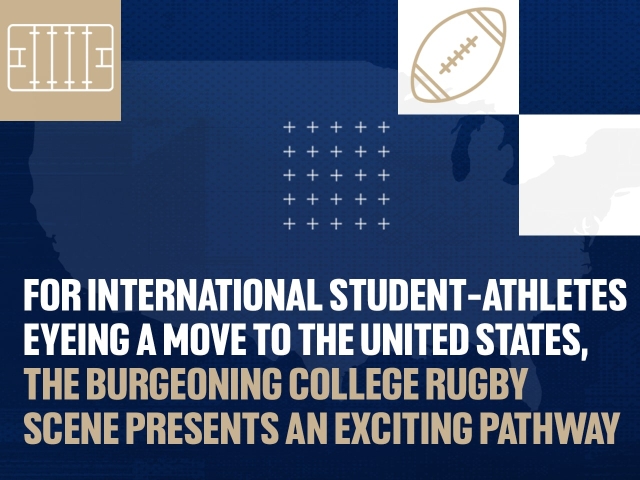Before you can apply for your student visa, you must first apply and be accepted by a U.S. institution of higher education. Once accepted from your college, you will receive your I-20 form, and it is from then that you can apply for your student visa. To make the process a little less daunting, we have put together a list of tips for anyone applying for their student visa.
Ties to your Home Country and Residence Abroad
Those who apply for non-immigrant visas, such as F-1 or J-1 student visas, are viewed as “intending immigrants” until they can convince the consular officer that they are not. Therefore, you must be able to display that you have good reasons to return to your “residence abroad” (normally in your home country), and that these are stronger than your reasons for remaining in the US at the conclusion of your studies.
"Ties" to your home country are the things that connect you to your hometown, homeland, or current place of residence: job, family, owning a house or apartment, financial prospects that you own or will inherit, investments, etc. If you are a prospective student, the interviewing officer may ask about your specific plans or promise of future employment, family or other relationships, educational objectives, grades, long-range plans and career prospects in your home country. Each person's situation is different, of course, and there is no magic explanation or single document, certificate, or letter which can guarantee visa issuance.
English
Typically, the interview will be conducted in English and not in your native language. It can often be useful to practice English conversation with a native speaker, but there is no use in practising speeches. The consular officer will expect to have an interactive conversation with you about your plans for studying in the US, your goals, and your ties to your home country.
Speak for Yourself
The consular office wants to interview you, not your family. You will create a more positive impression if you are willing to speak on your own. Generally, parents or family members will not be permitted to accompany an applicant into the visa interview; although there can be exceptions if you are a minor.
Know the Program and How It Fits Your Career Plans
You will need to be able to explain to the consular officer why you wish to study a particular program in the states, in order to convince them that you are not simply moving in order to work or live. It is helpful if you are able to explain how studying in the US relates to your career goals and employment prospectus when you return home.
Be Brief and Maintain a Positive Attitude
Due to consular officers receiving a large number of applicants, they are under a considerable time pressure to conduct a quick interview. For the most part, they must make a decision on the impressions they form in the first minute of the interview. What you say first and the first impression you make are critical to your success. Try to keep your answers short and to the point, responding precisely to the consular officer’s questions and statements.
Supporting Documentation (Know Your Specific Situation or History)
The consular office should be immediately clear on what documents you are presenting and what they mean. Remember, you will only have a few minutes of interview time so lengthy written explanations cannot be quickly read or evaluated. However, there are a few supporting documents that will be common amongst all students, such as financial documentation, admission letter(s), and scholarship letters. Students should be prepared to take all supporting documentation with them to their student visa interview.
Employment
Your main purpose of coming to the states should be to study, rather than for the chance to work before or after graduation. While many students work on- or -off-campus during their studies, such employment is incidental to their main purpose of completing their US education. You must be able to clearly explain your plan to return home at the end of your program.
Other Special Considerations
Some students may experience delays in obtaining a visa because of “administrative processing.” This often occurs if your name is similar to another individual and the consulate needs to check with other government agencies about your status or background.





